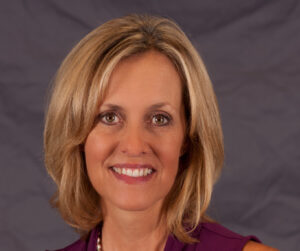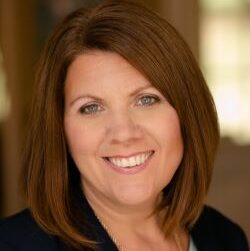Meet the team of staff and volunteers behind the Center for Innovation, the non-profit parent Pioneer Network. You will find a diverse group of people all working together to help elders live in open, diverse, and caring communities.
Staff

Susan Ryan, CEO: Susan has spent decades working with elders as a nurse and change agent. She has worked in a variety of eldercare settings and helped to lead her previous organization’s transformation to culture change by assessing industry innovation and developing strategic and educational protocols.
A member of The Green House Project team since 2008, Susan became the CEO of the Center for Innovation in 2022.
sryan@thegreenhouseproject.org
 Stacey Bergmann, Director of Network Relations: Stacey Bergmann serves as the primary liaison between CFI and Pioneer Network state coalitions. Stacey also serves as the president of VOICE PA, a non-profit advocating for person-directed care practices in Pennsylvania. Stacey — an advanced practice certified therapeutic recreation specialist and dementia consultant — previously owned B-Enriched Living, a consulting firm focused on enriching the lives of older adults.
Stacey Bergmann, Director of Network Relations: Stacey Bergmann serves as the primary liaison between CFI and Pioneer Network state coalitions. Stacey also serves as the president of VOICE PA, a non-profit advocating for person-directed care practices in Pennsylvania. Stacey — an advanced practice certified therapeutic recreation specialist and dementia consultant — previously owned B-Enriched Living, a consulting firm focused on enriching the lives of older adults.
sbergmann@thegreenhouseproject.org
Meet the rest of the CFI team here, and get to know the CFI board here!

